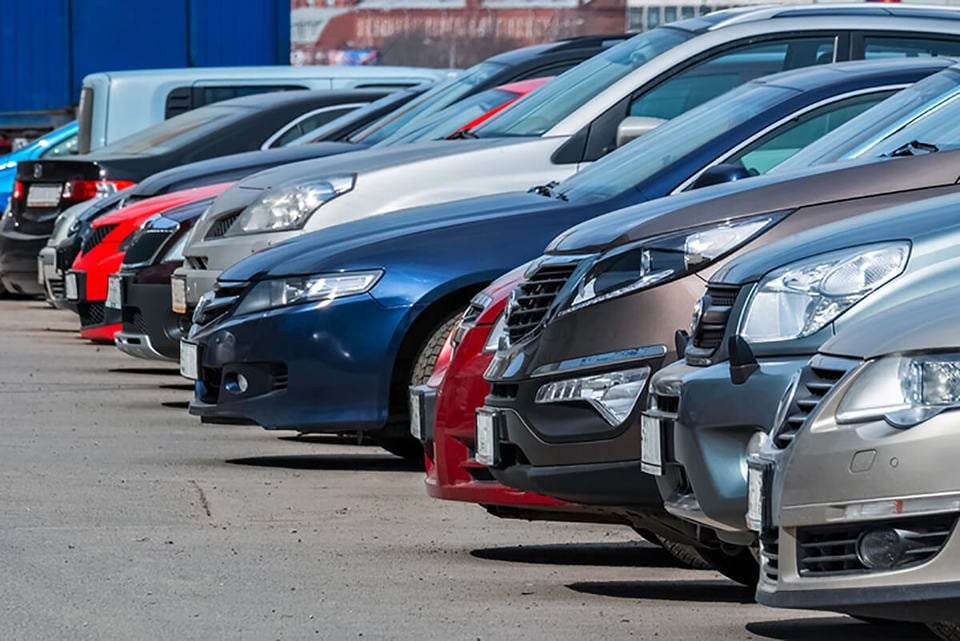Just one-in-six HR professionals are aware of salary sacrifice schemes for cars, research conducted by Fleet Evolution suggests.
The Tamworth-based vehicle leasing company conducted a survey at the Chartered Institute of Personnel and Development (CIPD) Exhibition, which is typically attended by around 5,000 HR decision-makers.
The survey, which was conducted at last year’s event, revealed that only 15% were aware of salary sacrifice schemes for cars, particularly electric cars.
A year later and Fleet Evolution attended the equivalent CIPD event where a similar survey produced exactly the same results – just 15% of respondents had any knowledge of salary sacrifice schemes for EVs and their benefits for employees.
Andrew Leech, founder and managing director of Fleet Evolution, says he is “stunned” by the lack of knowledge to the benefits, and even the existence, of such schemes.
“We found the results astonishing, given all the publicity surrounding salary sacrifice schemes, particularly for EVs where the low levels of benefit-in-kind tax make them particularly attractive,” he said.
Leech said the Chancellor’s announcement in the Autumn Statement that BIK rates for EVs would go up by just 1% a year for three years from 2025/26, giving a rate of 5% by 2027/28, would do little to undermine the attractiveness of such schemes.
“The Chancellor gave us clarity on the Government’s position for the next five years at least, which is that they are committed to a low tax environment for EVs,” he said.
“This is great news for employees and employers alike, given the multiple benefits such a scheme can deliver – especially during the current cost of living crisis which has seen inflation hit 11%.”
He continued: “For businesses and staff that want to keep mobility costs under control at a time of rapidly spiralling costs, a salary sacrifice car scheme can provide even relatively low paid staff with a highly cost and tax-efficient electric vehicle.
“Such a scheme can also help employees tackle the anxiety and emotional stress caused by the prospect of living costs spiralling out of control and help contribute positively to their wellbeing in the current turbulent economic climate.”
























Login to comment
Comments
No comments have been made yet.